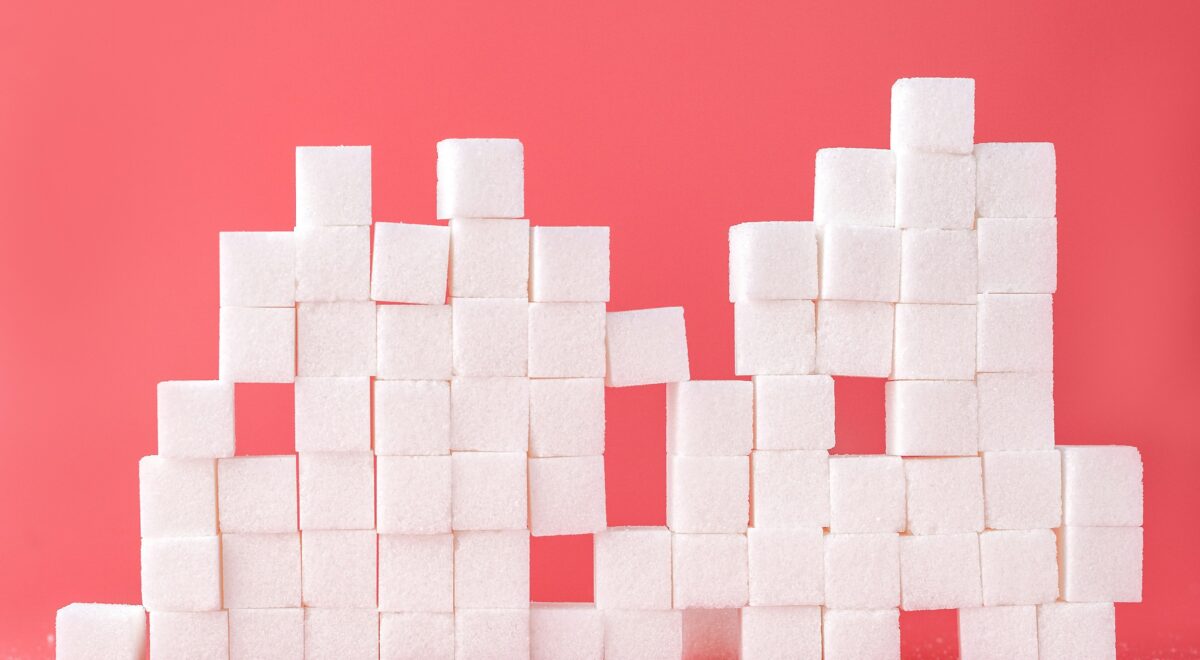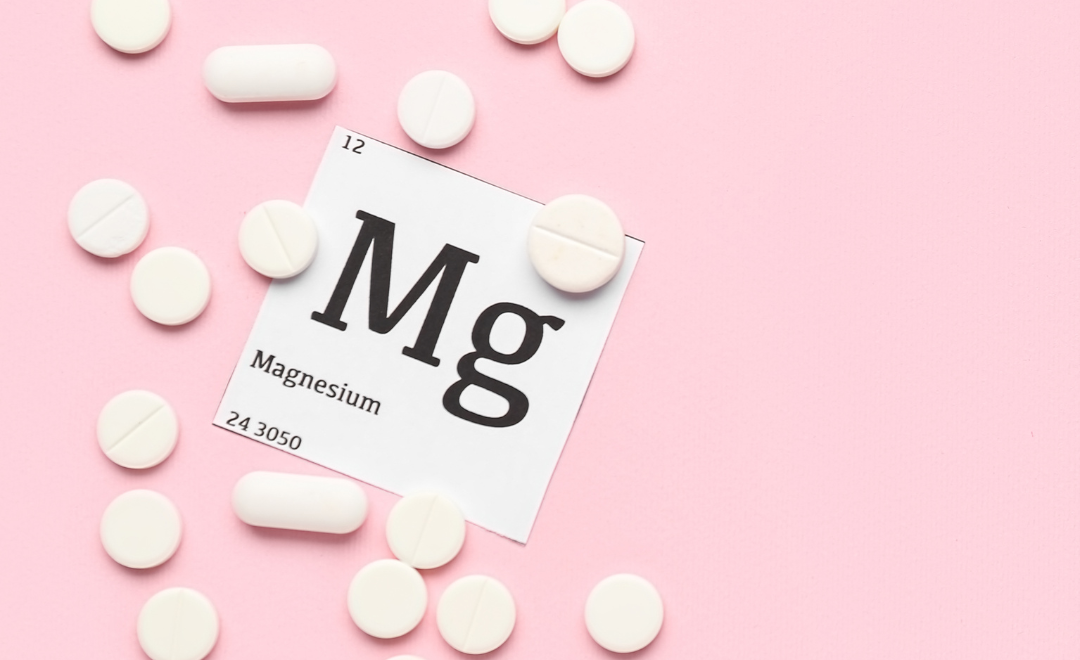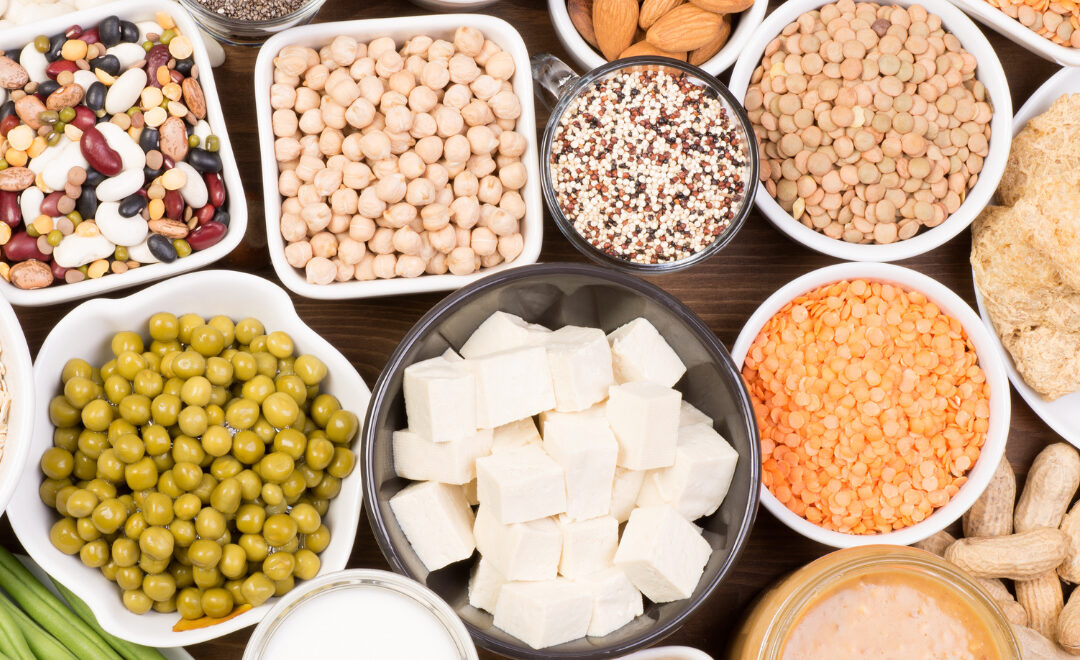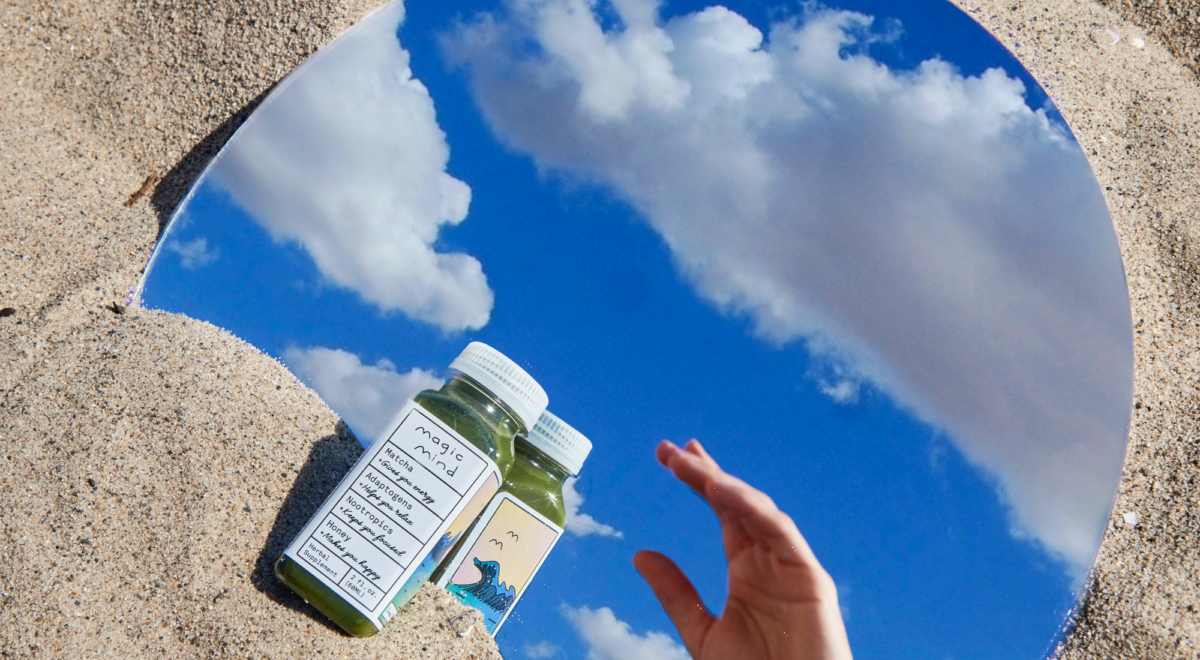Whey Isolate vs Concentrate for Beginners: A Guide

If you’re a new gym bro, with gymfluencers selling stuff they don’t even consume, the range of protein supplements out there can feel a bit overwhelming. Two popular options out there are whey protein isolate and whey protein concentrate. They both come from milk and pack some great health benefits, but they do have key differences that might make one a better fit for you. This guide will break down what you need to know about whey isolate and concentrate, so you can pick the right one for your fitness goals!
What is Whey Protein?
Whey protein is a high-quality protein derived from cow’s milk. It is a complete protein, meaning it contains all nine essential amino acids necessary for muscle repair and growth. During the cheese-making process, whey is separated from the curds, resulting in a liquid that is then processed to create whey protein powder. Now you don’t need to eat steak or 350 gm of chicken breast everyday to hit your protein goal.
Whey Protein Concentrate
Whey protein concentrate is the most common form of whey protein. It typically contains between 70-80% protein, with the remaining percentage made up of carbohydrates, fats, and moisture. The exact composition can vary depending on the brand and processing method.
Benefits of Whey Protein Concentrate:
- Cost-Effective: Whey protein concentrate is generally more affordable than whey isolate, making it a popular choice for beginners and those on a budget.
- Nutrient-Rich: It contains more of the naturally occurring nutrients found in milk, such as lactose and fats, which can be beneficial for overall health.
- Great for Muscle Growth: With a high protein content, whey concentrate is effective for muscle repair and growth, especially when consumed post-workout.
Drawbacks of Whey Protein Concentrate:
- Higher in Carbs and Fats: The additional carbohydrates and fats might not be suitable for those looking to reduce their intake of these macronutrients.
- Contains Lactose: Individuals who are lactose intolerant might experience digestive discomfort when consuming whey protein concentrate.
Whey Protein Isolate
Whey protein isolate undergoes additional processing to remove most of the carbohydrates, fats, and lactose, resulting in a product that is typically 90% or higher in protein content.
Benefits of Whey Protein Isolate:
- High Protein Content: With a higher percentage of protein per serving, whey isolate is ideal for those looking to maximize their protein intake without additional calories from carbs and fats.
- Low in Lactose: The reduced lactose content makes whey isolate a better option for those with lactose intolerance.
- Supports Lean Muscle: Its high protein-to-calorie ratio makes it an excellent choice for those aiming to build lean muscle mass while keeping calorie intake low.
Drawbacks of Whey Protein Isolate:
- More Expensive: The additional processing required to produce whey isolate makes it more expensive than whey concentrate.
- Fewer Nutrients: The removal of carbohydrates and fats also means fewer naturally occurring nutrients compared to whey concentrate.
Whey Isolate vs Concentrate: Which is Better for Beginners?
The choice between whey isolate and concentrate depends on your individual fitness goals, dietary needs, and budget. Here are some factors to consider:
- Protein Needs: If your primary goal is to increase your protein intake and are picky about the extra calories from fats and carbs, whey protein isolate might be the better choice. It’s mostly for pro’s who are competing and can’t afford the extra carbs and fats, for general population whey concentrate would be the ideal choice.
- Budget: For beginners who are just starting out and may not want to invest heavily in supplements, whey protein concentrate is a cost-effective option that still provides high-quality protein and essential nutrients.
- Lactose Sensitivity: If you have lactose intolerance, whey protein isolate is the safer option due to its low lactose content. This can help you avoid digestive discomfort while still benefiting from a high-protein supplement.
- Overall Health: If you prefer a more nutrient-dense supplement that includes naturally occurring fats and carbohydrates, whey protein concentrate may be more suitable. These additional nutrients can contribute to overall health and well-being.

How to Incorporate Whey Protein into Your Diet
Regardless of whether you choose whey isolate or concentrate, incorporating whey protein into your diet not much of a task. Here are some tips for beginners:
- Post-Workout Shake: We all crave for heavy meal made by mom after a workout but consuming a protein shake within 30 minutes after your workout can help with muscle repair and growth. Mix whey protein powder with water, milk, or a milk alternative for a quick and easy post-workout recovery drink.
- Smoothies: Add whey protein to your favorite smoothie recipes for an extra protein boost. Combine it with fruits, vegetables, and a liquid base for a nutritious meal or snack.
- Baking: Incorporate whey protein powder into baked goods like muffins, pancakes, or protein bars. Can guarantee it looks good no matter how it tastes.
- Oatmeal: Stir whey protein into your morning oatmeal for a protein-packed breakfast. This is a great option for busy peeps trying to optimise their meals.
Conclusion
Picking between whey protein isolate and concentrate can be a bit tricky, especially if you’re just starting out. But knowing what each one offers can help you make the best choice for your needs and goals. Whey protein concentrate is easier on the wallet and packed with nutrients, which makes it a solid option for beginners. On the other hand, whey protein isolate has a higher protein content and less lactose, making it great if you have specific dietary needs or can afford the price but not the extra calories. If you’re looking for good protein brands, you may like The Whole Truth, Nack, Isopure.














































